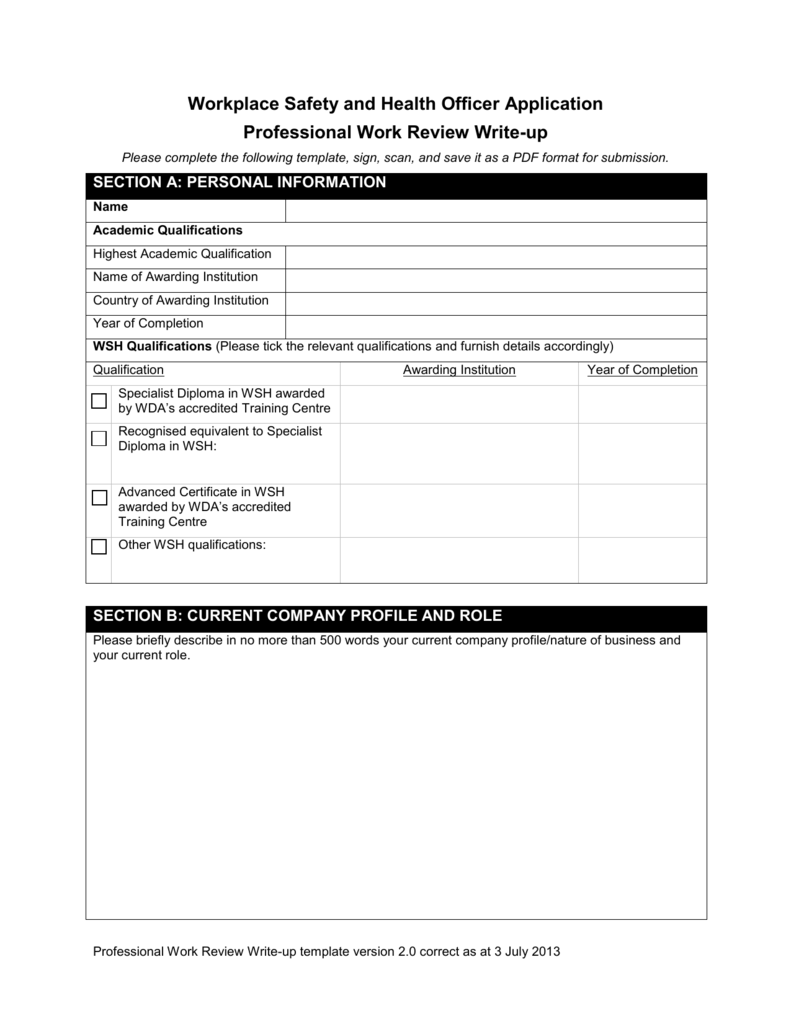
· Professional writing is a style of written communication used in a workplace environment that allows professionals (e.g. businesspeople, professors, doctors, lawyers, etc.) to make informed Video Duration: 3 min What is Professional Writing? - Definition & Explanation · The Importance of Good Writing Skills in the Workplace 1. They enhance business communication Communication is a soft skill that is sorely lacking in today’s office 2. They can demonstrate your acumen Not every job role requires a ton of writing. However, you must take advantage of 3. They Estimated Reading Time: 8 mins
The Importance of Writing in the Workplace
Professional writing as an activity is writing for reward or as a profession ; as a product or object, professional writing is any form of written communication produced in a workplace environment or context that enables employees to, for example, communicate effectively among themselves, professional writing in the workplace, help leadership make informed decisions, professional writing in the workplace, advise clients, comply with federal, state, or local regulatory bodies, bid for contracts, etc.
memo can be used to provide a solution to a problem, make a suggestion, or convey information. Other forms of professional writing commonly generated in the workplace include email, letters, reports, and instructions. In seeking to inform, persuade, instruct, stimulate debate, or encourage action from recipients, skilled professional professional writing in the workplace make adjustments to different degrees of shared context, e.
A professional writer may be freelance, meaning he or she works on a self-employed basis, or fully employed in an occupation where their primary responsibility is the production of specialized documentation, such as journalismmarketingadvertisingpublic relationsor the military, professional writing in the workplace.
Professional writing is any type of writing with the purpose of facilitating the work of a business or organization and directed to internal or external audiences of the professional writer's organization. Examples of internal business writing include email messages, memos, and reports while some examples of external business writing are letters and email messages. Professional writing differs from other types of writing, such as academic and technical writing, because the term defines a general overview of writing that is done for profit in a workplace environment.
Professional writing differs from academic writing due to the difference in purpose and readership between the two styles. Academic writing informs the audience through a critical approach and directs further thinking by reconstructing the order of the author's thinking and the intertextual traces of their reading, while professional writing is applied to a business or setting a hospital, a company, or a factory and is meant to facilitate work through communication.
The audience of academic writing is also limited in contrast to professional writing; specialized experts in specific fields make of the primary readership of academic writing while the amount and identities of readers of professional writing can be varied.
When writing, professional writers must take into consideration the possibility of unexpected tertiary readers who can come across their document. Professional writing differs from technical writing because of the type of content in technical writing. Technical writing could be identified as a concentration of the broad generalization of professional writing—technical writing is principally directed towards fields of interest. Both are similar in that they take place in professional workplace context and are primarily targeted to allow communication between experts; however, technical writing focuses on technical, specialized topics, such as science, technology, and engineering.
The audience of professional and business documents plays a significant role in the style of a professional document. Successful professional writers adapt their document to fulfill the needs of their audience. Four factors are taken into consideration when a professional writer creates a professional document:. The reader's pre-existing knowledge remains an important focus for a professional document because it would affect the reader's ability to read the document, professional writing in the workplace.
For example, a general audience with little knowledge of a document's subject would be unable to read it if it contained specific, technical jargon. A professional writer would then have to minimize the amount technical jargon or define terms for the reader. Expectations of style and format are influential in the format and development of a professional document.
Precedents created by earlier documents of the same genre of a professional writer's work heavily influence how the reader of his or her document will judge the credibility of both the writer and document.
Documents belonging to a specific genre are expected to be written in a way that adheres to a format and style that professional writing in the workplace that genre.
If a professional writer were to produce a document that does not adhere to the precedence style, he or she and the document professional writing in the workplace lose credibility. Regarding business and professional writing, professional writing in the workplace, the relationship between writer and reader is key.
The familiarity between the two influences the language used. For example, an employee might write more informally via email to a coworker of the same hierarchical level than he or she would write via email to his or her employer.
There is, particularly in business, a need for concise and unambiguous communication with colleagues, suppliers, clients, and the general public. Professional writing forestalls inattentiveness and criticism. Persuasive professional writing is connected to the concept of rhetoricwhich focuses on informing or persuading and relies upon stimulating the interest of the audience through creating authoritative arguments.
A professional writer uses research, rhetoric and persuasion when creating a document that is intended to suggest a solution to a problem or encourage action. A professional writer uses persuasive language when trying to influence the reader to do something as a result of reading a document. Professional writing Feasibility reports economic justification reports and advertising brochures are examples of documents that have such purposes. Clear and concise professional writing is vital in many fields where misunderstanding could have serious consequences, such professional writing in the workplace in law, engineering, technical manuals, and product labels.
Misunderstandings might also occur with international audiences; for this reason, a professional writer would have to take careful consideration of cultural differences.
The use of language, style, and even color in a document could have detrimental effects because these elements, along with others, can change meaning when translated. For example, a picture of a woman wearing a swimsuit on the beach in an ad would be met with nonchalance in the United States; however, if the same picture was shown in an professional writing in the workplace with a prevalent Muslim populace, it would be met with outrage because of the religious beliefs that bar women from showing skin.
This analysis and consideration of direct and possible audiences help create clear and concise writing and language that professional language requires. The Association of Teachers of Technical Writing regard the development of technical communications that are "clear, effective, efficient, professional writing in the workplace, appropriate, accurate, useful, and delivered on schedule and within budget as nearly as possible" as a core principle-in-practice, professional writing in the workplace.
While many practitioners of professional writing do so as a vocation rather than as full-time employment, the element of "professionalism" is what defines professional writing. From Wikipedia, the free encyclopedia. Further information: Professional communication. Further information: Audience analysis. Writing in Nonacademic Settings. New York: Guilford. ISBN Writing in the Workplace: New Research Perspectives. Carbondale: Southern Illinois University Press.
Retrieved September 9, Expand Literacies: English professional writing in the workplace and the new workplace. Albany: State University of New York Press, Charles Bazerman, ed. Lawrence Erlbaum; Mahwah, NJ [] The Essentials of Technical Communication 3rd ed. New York: Oxford University Press, Professional Writing Skills.
Write it well. Association of Teachers of Technical Writing. Retrieved Retrieved 13 December Archived from the original on 30 September Retrieved 14 December Categories : Writing Writing occupations. Hidden categories: CS1 maint: extra text: authors list.
Navigation menu Personal tools Not logged in Talk Contributions Create account Log in. Namespaces Article Talk.
Views Read Edit View history. Main page Contents Current events Random article About Wikipedia Contact us Donate. Help Learn to edit Community portal Recent changes Upload file. What links here Related changes Upload file Special pages Permanent link Page information Cite this page Wikidata item. Download as PDF Printable version. Italiano Edit links, professional writing in the workplace.
Email Etiquette Tips - How to Write Better Emails at Work
, time: 5:38Professional writing - Wikipedia

The Importance of Writing in the Workplace. Writing well is one of those skills that can help you rise above in your career, no matter what you do. When done well, strong writing almost falls into the background as your information is seamlessly delivered to your audience · The Importance of Good Writing Skills in the Workplace 1. They enhance business communication Communication is a soft skill that is sorely lacking in today’s office 2. They can demonstrate your acumen Not every job role requires a ton of writing. However, you must take advantage of 3. They Estimated Reading Time: 8 mins Welcome to ENGL Written Communication for the Workplace, a course that explores writing genres commonly used in professional workplaces. These genres include various types of correspondence—letters, memos, and emails—as well as reports, proposals, and abstracts (or Author: Anna Goins, Cheryl Rauh, Danielle Tarner, Daniel Von Holten
No comments:
Post a Comment